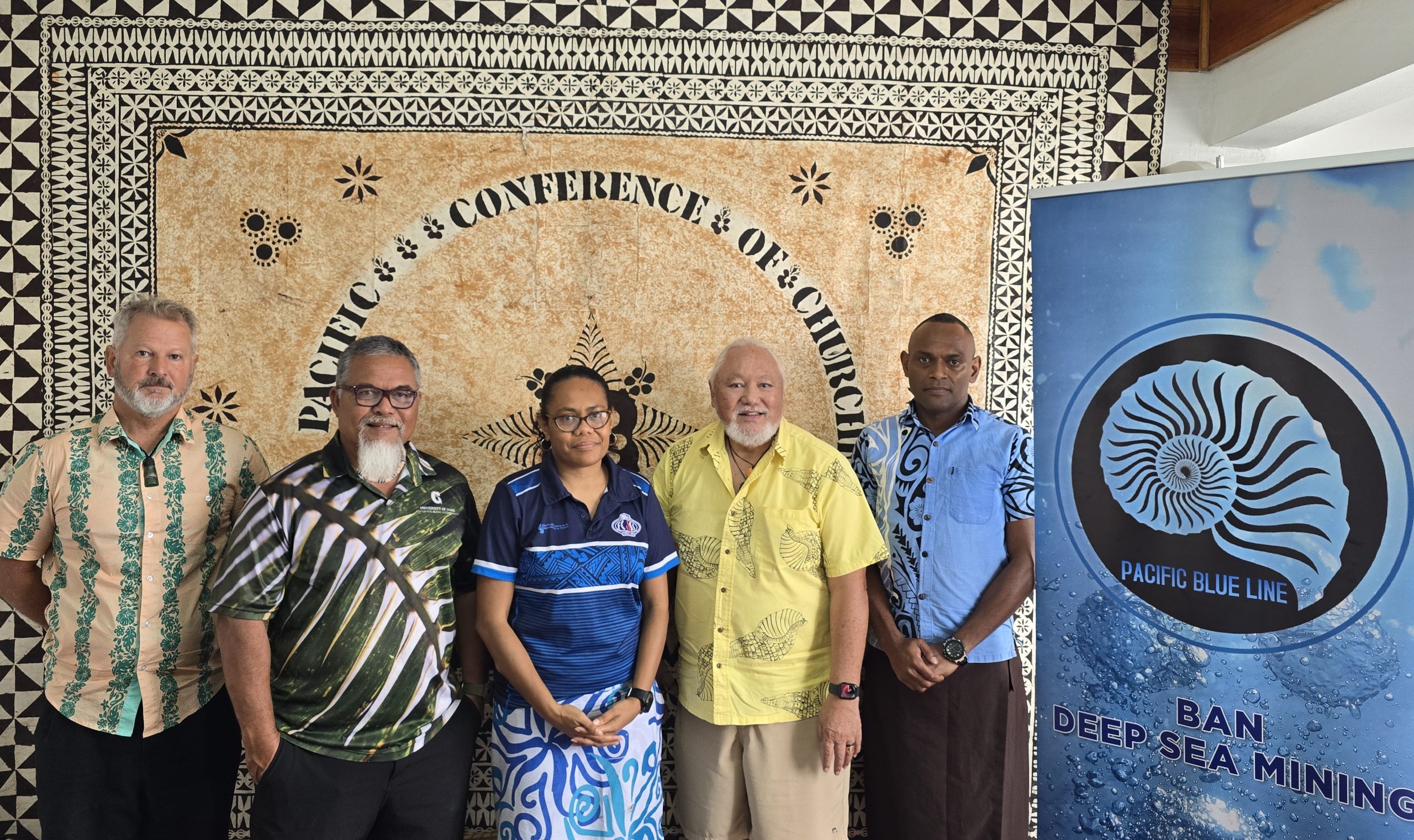Civil society organisations in the Pacific have come together to urge Pacific leaders to take decisive action against deep-sea mining (DSM), calling for a permanent ban to protect the region’s marine ecosystems and indigenous rights.
The call coincides with the High-Level Talanoa on Deep Sea Minerals at the Pacific Islands Forum Secretariat in Suva, Fiji where Pacific Island leaders are meeting this week.
Vani Catanasiga, Executive Director of the Fiji Council of Social Services (FCOSS), emphasised that while Fiji has previously advocated for a moratorium on deep-sea mining at international forums, no legally binding domestic legislation has been put in place to enforce it.
“FCOSS is a national NGO, and while it has relations at the regional level through PIANGO and the PRNGO Alliance, most of our members are community-based organisations, with some located in the maritime area,” Catanasiga said.
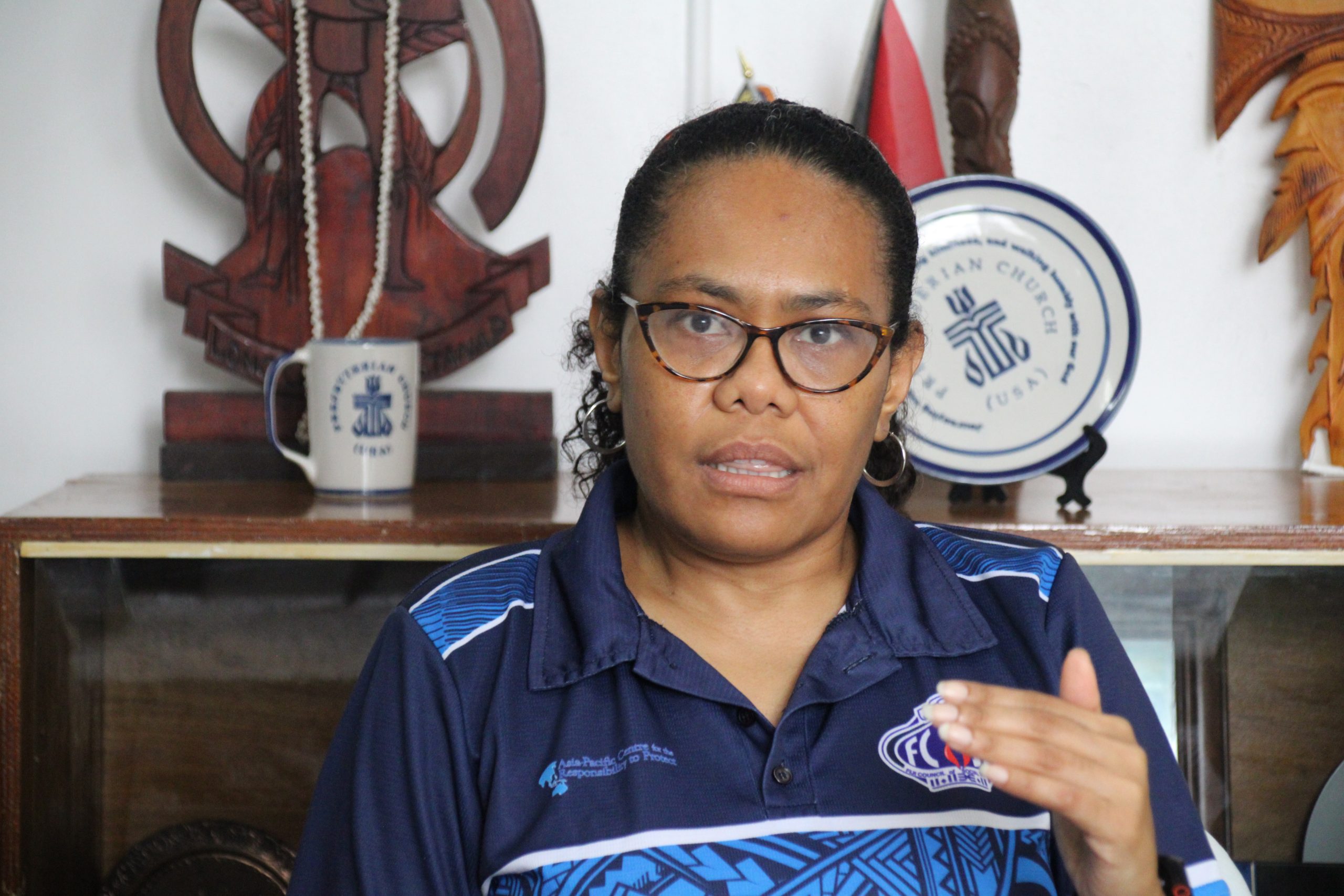
FCOSS, in partnership with Monash University’s Climate Justice Clinic, conducted a review of Fiji’s laws, identifying gaps that could allow DSM to proceed despite public opposition.
“We are now calling on our government to enact a legally binding national ban on DSM through explicit amendments to the Mining Act 1965 and Marine Spaces Act 1997,” Catanasiga said.
“We also call on the government to withdraw from any international DSM arrangements that do not align with ocean protection and indigenous rights.”
Catanasiga commended Fiji’s Ministry of Climate Change and Environment for its renewed commitment to environmental conservation but stressed the need for stronger marine conservation laws and the promotion of sustainable blue-economy alternatives.
“The study we conducted shows that despite our leaders speaking on global platforms about a moratorium since 2019, no legally binding policies are in place. Even as recently as 2023, our Prime Minister signed the Udaune Declaration on Climate Change at the MSG Leaders Summit, agreeing to a 10-year moratorium, yet no domestic implementation has followed,” she said.
Lagi Toribau, Greenpeace Policy Consultant – DSM, echoed these concerns, highlighting the lack of civil society representation in critical regional discussions.
“The civil society movement came to Suva this week with high hopes. We wanted to have a seat at the table. We were under the assumption, based on the mandate given by our leaders last year in Tonga, that the forum would convene this first high-level dialogue in an open and inclusive manner,” Toribau said.
“We have formally challenged the interpretation of excluding civil society and indigenous leaders from the discussion.”
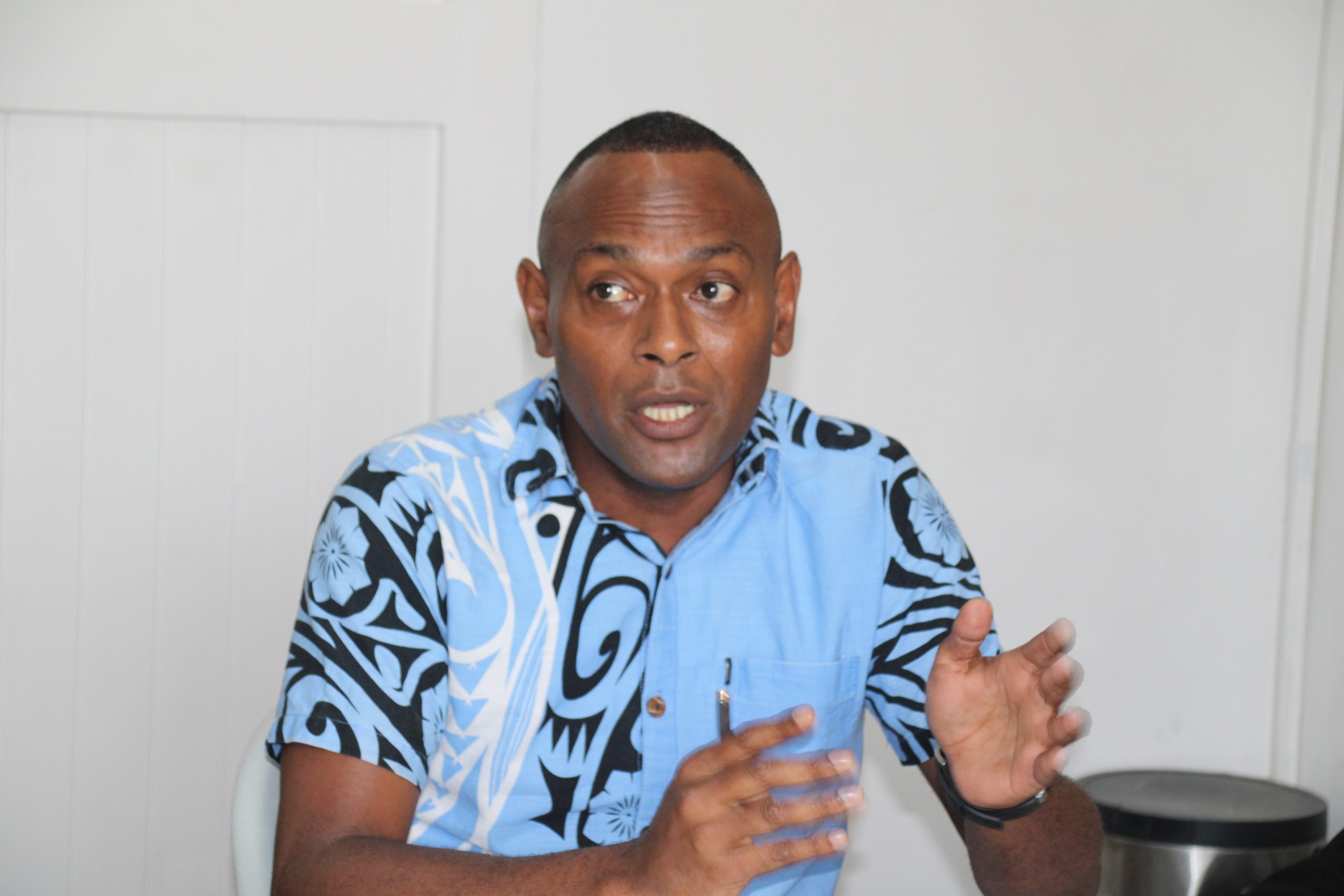
Toribau emphasised that civil society groups are committed to ensuring Pacific communities’ voices are heard, as they will bear the brunt of the social and economic impacts of DSM.
“We are challenging the fact that the mining industry is telling our story, shaping our future, and defining sustainability in our region,” he added. “Governance practices need to change—if we are not even at the table, how can we provide input into decisions that affect us all?”
Hilary Raigetal, a Pairourou/Pwo navigator and master canoe carver at the University of Guam, stressed the importance of inclusive dialogues.
“The issue of deep-sea mining is not just a technical or scientific issue; it’s a human rights issue,” Raigetal said.
“All of Oceania’s people deserve to be heard in this conversation. If we do not speak up now, we risk losing our oceans forever to destructive industries that prioritise profit over the well-being of our communities.”
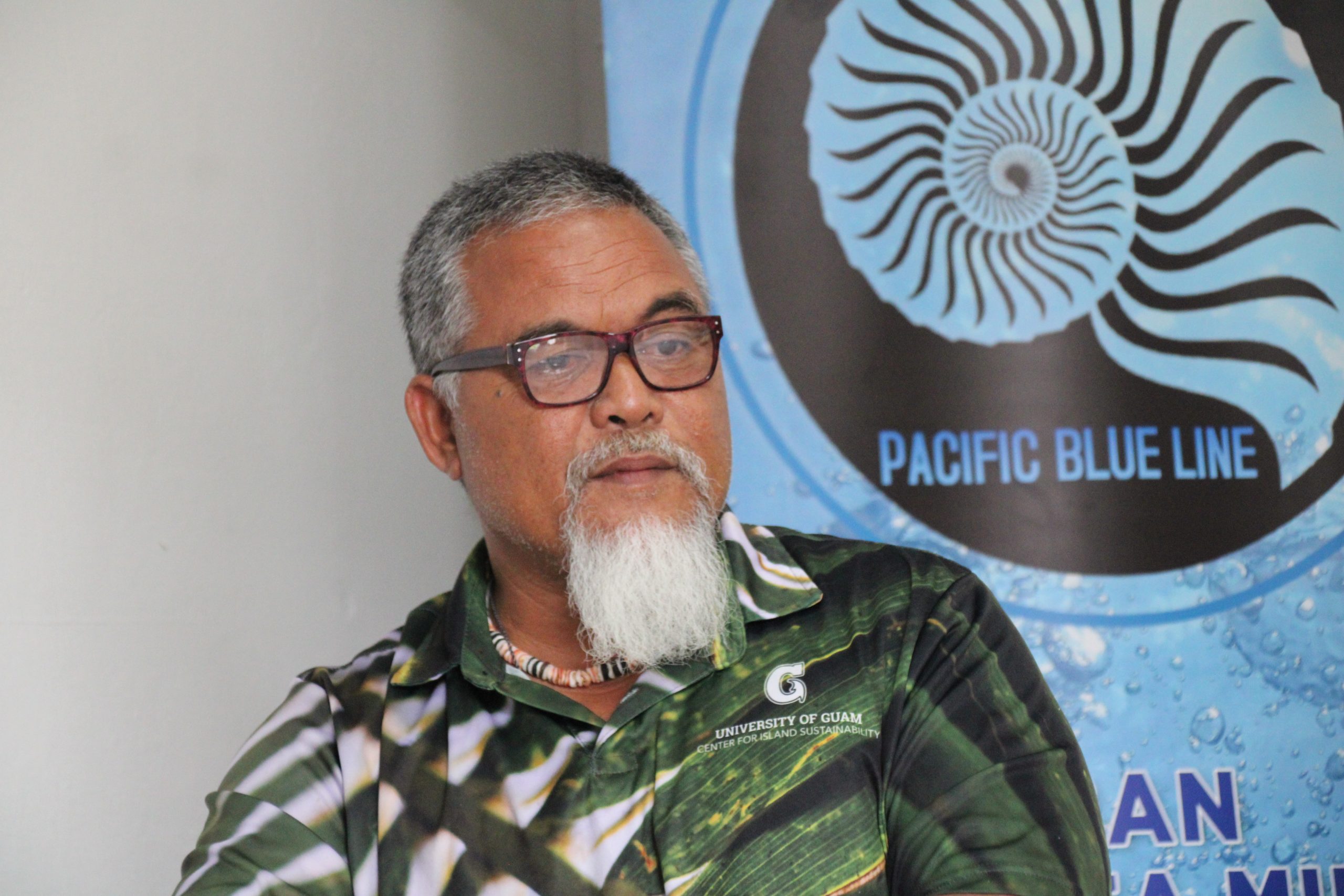
Pairourou/Pwo navigator and Senap/master canoe carver. Photo: Sanjeshni Kumar/Pasifika Environews
Raigetal’s passionate plea resonated with many, as he reflected on the deeper connection Pacific Islanders share with the ocean.
“Our cultural identity, our very way of life, is intertwined with the ocean. This is not just an environmental concern; it’s a fight for our survival, for our identity, and for future generations,” he said.
Solomon Pili Kahoʻohalahala, Chair and Native Hawaiian Elder for the Papahānaumokuākea National Marine Monument Reserve Advisory Council reinforced the need for inclusivity in these discussions.
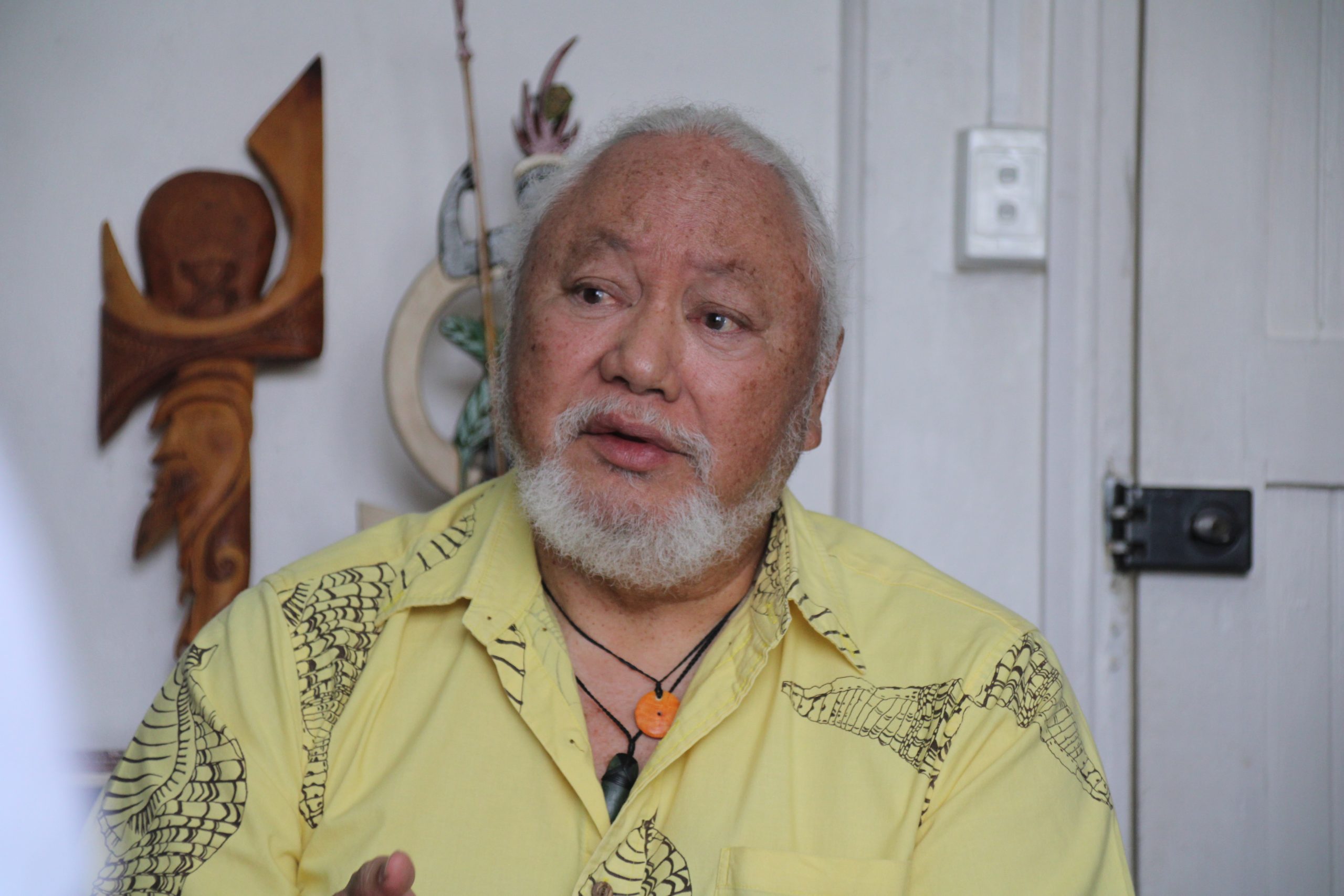
“The conversations on deep-sea mining in Oceania cannot exclude its people,” he said.
“If we are not included, my answer is no—we must have a seat at the table. I’m not here to resolve my political history, but I am here to represent that sovereign individual voice that comes from Oceania, connected to all of its people.”
Phil McCabe, Deep Sea Conservation Coalition (DSCC) Pacific Coordinator, warned of the imminent threat posed by deep-sea mining.
“The machines are coming,” McCabe cautioned.
“Pacific Islanders could wake up one day to find the largest mine site in human history operating just to the north of them. The scientific community is in near full agreement that this is a dangerous step, as we still know very little about deep-sea ecosystems.”
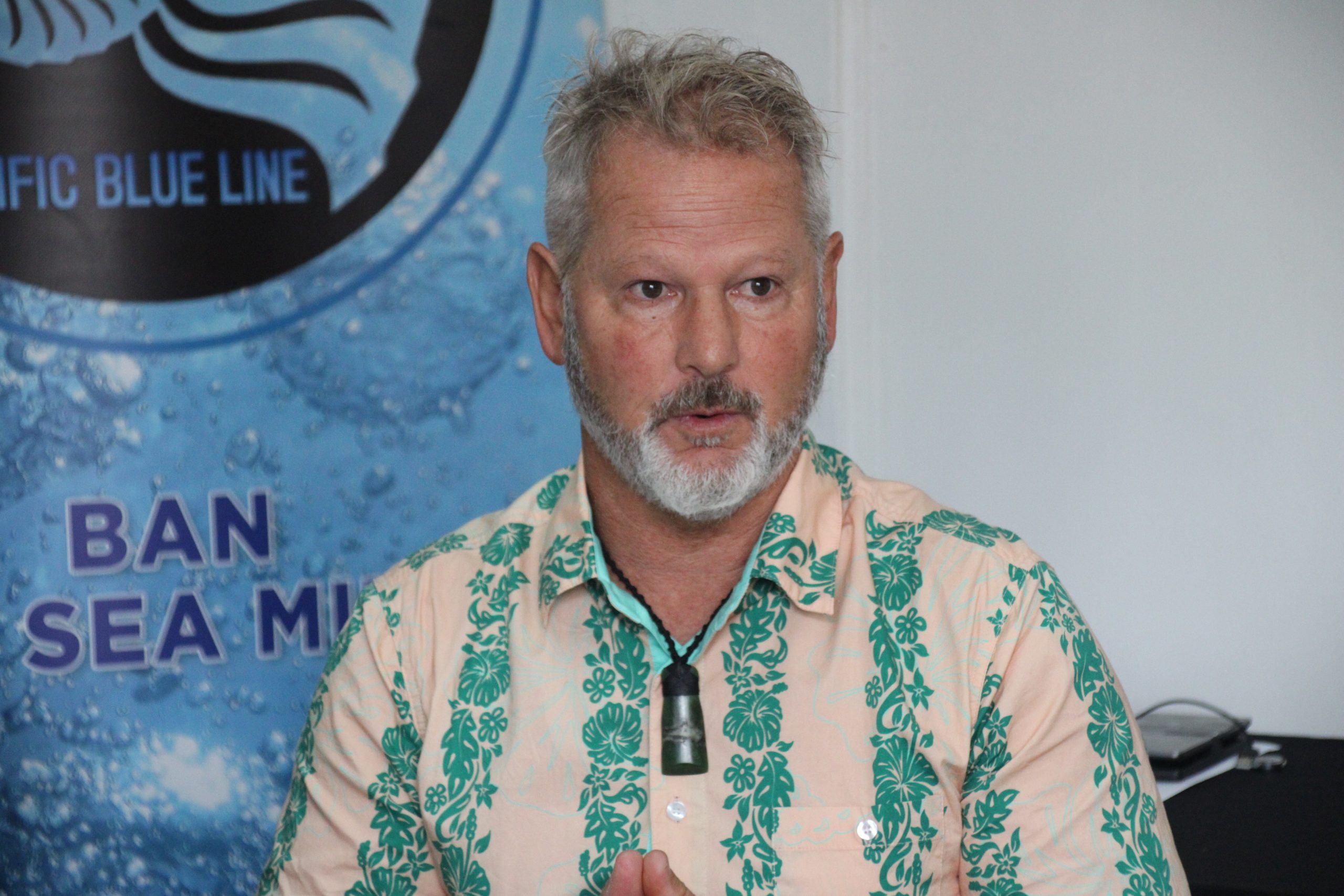
McCabe stressed that insufficient scientific knowledge exists to make informed decisions on DSM, and independent research suggests it could take decades to fully understand its impact.
Pacific civil society organisations have made it clear: a moratorium is no longer enough. They are calling for a national ban on DSM to ensure the permanent protection of the Pacific Ocean, its biodiversity, and the livelihoods of the people who depend on it.





